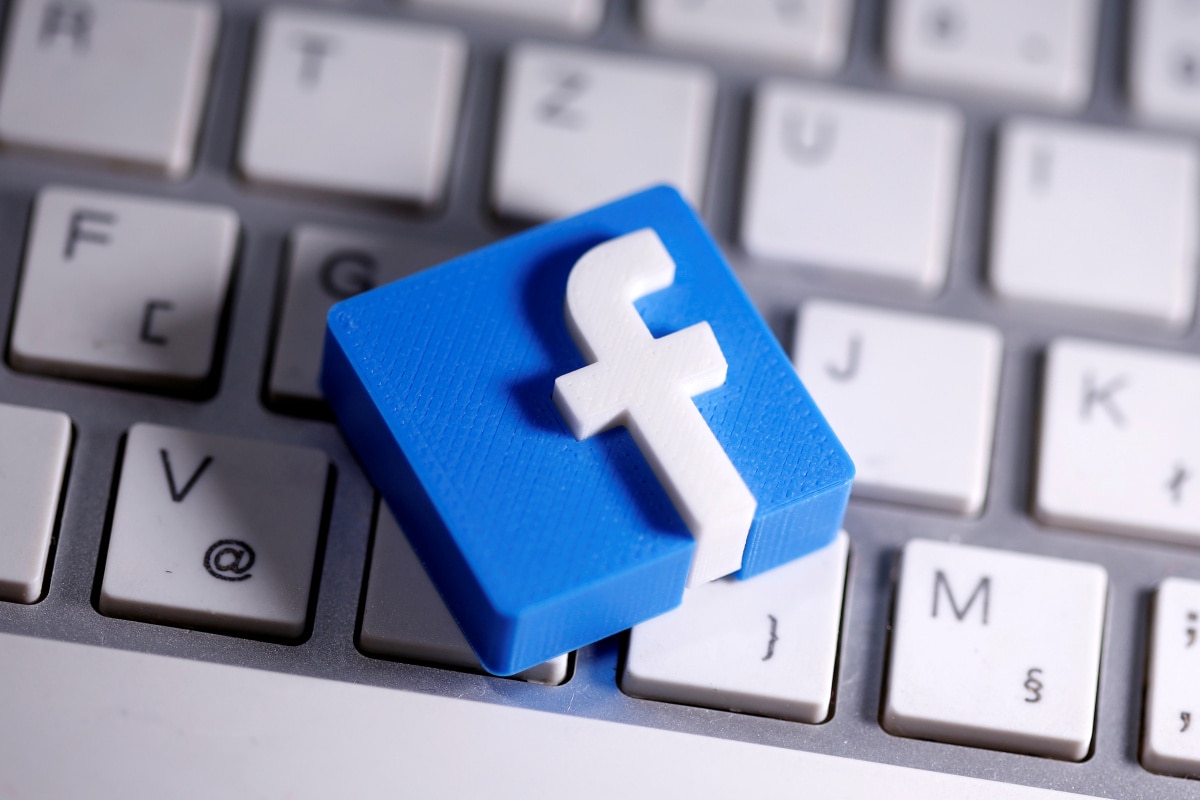
Australia’s prime minister on Friday urged Facebook to lift its blockade of Australian users and return to the negotiating table with news publishing businesses, warning that other countries would follow his government’s example in making digital giants pay for journalism.
Prime Minister Scott Morrison described Facebook’s move Thursday to prevent Australians accessing and sharing news as a threat.
The blockade has escalated a fight with the government over whether powerful tech companies should have to pay news organisations for content.
“The idea of shutting down the sorts of sites they did yesterday, as some sort of threat — well, I know how Australians react to that and I thought that was not a good move on their part,” Morrison told reporters.
“They should move quickly past that, come back to the table and we’ll sort it out,” he added.
There was public outrage at how the Facebook blockade was bungled, cutting access — at least temporarily — to pandemic, public health and emergency services.
Newspaper headlines included: “No likes for unsocial network,” and “Faceblock.”
An article about how fake news would replace credible journalism in Australian feeds carried the headline: “’Fakebook’ shows all it cares about is profit, not people.”
Some non-Australian outlets also appeared affected, with posts disappearing from Facebook pages belonging to Britain’s Daily Telegraph and Sky News. Both share names with news outlets in Australia.
The blockade was a response to the House of Representatives on Wednesday night passing a bill that would make Facebook and Google pay Australian media companies fair compensation for the journalism that the platforms link to. The legislation must be passed by the Senate to become law.
Google has responded by quickly working out licensing content deals with major Australian media companies under its own News Showcase model.
Rupert Murdoch’s News Corp. has announced a wide-ranging deal with Google covering operations in the United States and Britain as well as Australia. Major Australian media organisation Seven West Media also reached a deal earlier in the week. Rival Nine Entertainment is reportedly close to its own pact, and state-owned Australian Broadcasting Corp. is in negotiations.
Morrison said he discussed the Facebook dispute with Indian Prime Minister Narendra Modi on Thursday. Morrison was also discussing Australia’s proposed law with the leaders of Britain, Canada and France.
“There is a lot of world interest in what Australia is doing,” Morrison said. “That’s why I invite, as we did with Google, Facebook to constructively engage because they know that what Australia will do here is likely to be followed by many other Western jurisdictions.”
Treasurer Josh Frydenberg, the minister responsible for the proposed News Media Bargaining Code, had a telephone conversation with Facebook chief executive Mark Zuckerberg after the blockade began on Thursday and again on Friday.
“We talked through their remaining issues & agreed our respective teams would work through them immediately. We’ll talk again over the weekend,” Frydenberg tweeted on Friday.
“I reiterated Australia remains committed to implementing the code,” Frydenberg added.
Frydenberg maintains that Facebook had been having constructive negotiations with Australian media on pay deals immediately before the surprise blockade.
Facebook said on Thursday the proposed Australian law “fundamentally misunderstands the relationship between our platform and publishers who use it.”
Morrison said his government was “happy to listen to them on the technical issues,” but remained determined to pass the law.
“It’s not OK to unfriend Australia because Australia is very friendly,” Morrison said. “We’d like to remain very friendly and it’s time for them to friend us again.”
Is Samsung Galaxy S21+ the perfect flagship for most Indians? We discussed this on Orbital, our weekly technology podcast, which you can subscribe to via Apple Podcasts, Google Podcasts, or RSS, download the episode, or just hit the play button below.




















